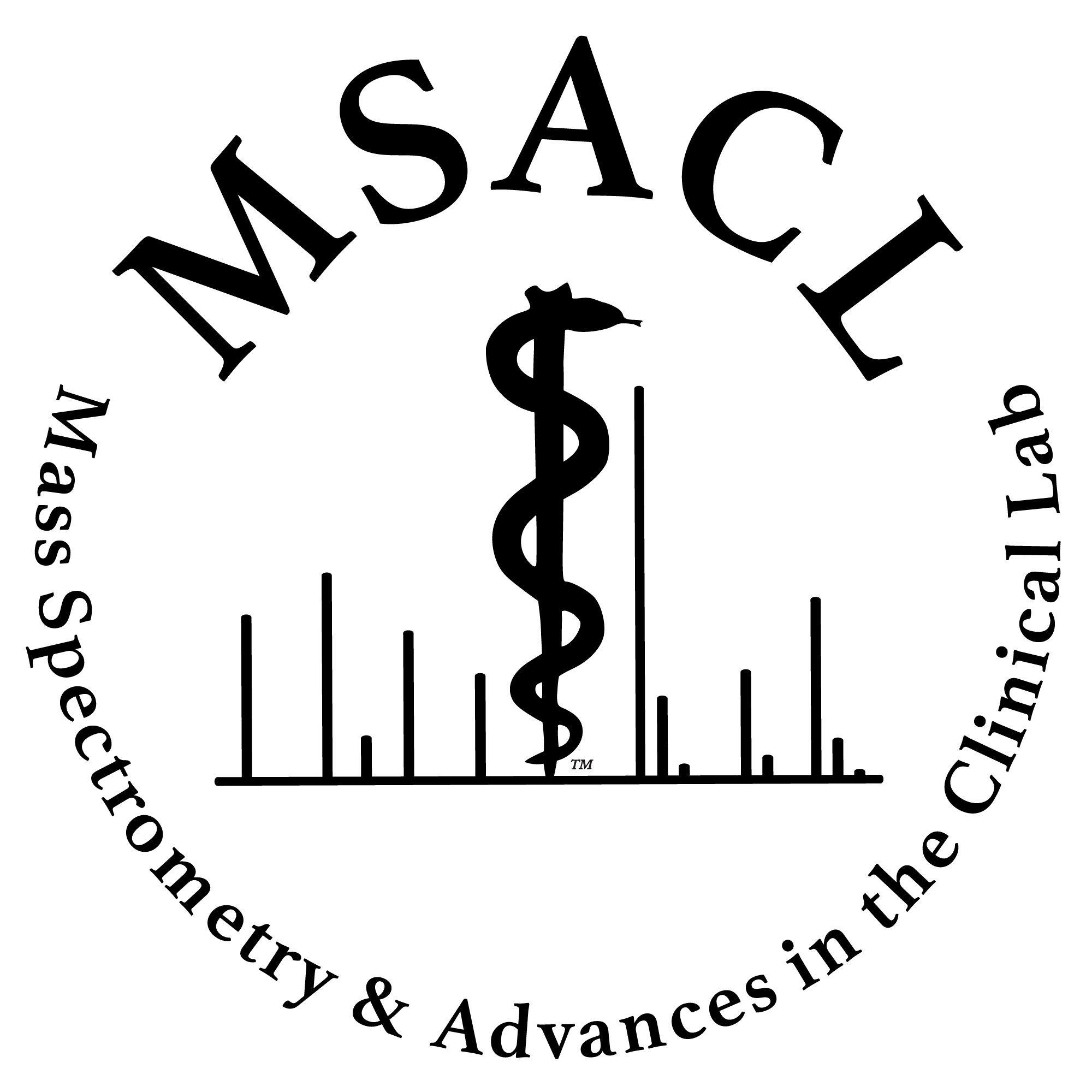|
Abstract INTRODUCTION: Serological diagnostics relies on identification of disease-specific antibodies in serum and is an essential tool in clinical diagnostics. Current serological tests utilize immunoassays and focus on fast and convenient assay development and high throughput measurements. Limitations of such tests include semi-quantitative measurements, lack of standardization, cross-reactivity, and inability to distinguish between human immunoglobulin subclasses. Advances in affinity proteomics and standardization of protocols, including our recent studies [1-4], facilitated development of sensitive and reproducible assays for quantification of low-abundance proteins and antibodies.
OBJECTIVES: We suggested that immunoaffinity proteomics may advance serological diagnostics of infectious diseases and cancer through the rational design and standardization of assays, and identification and quantification of disease-specific clonotypes of human antibodies, thus paving the way for precision immunology.
METHODS: Our approach for the rational design of serological assays utilizes immunoprecipitation of the antigen-binding human antibodies from blood serum, plasma or saliva followed by differential quantification of human antibody isotypes (IgG, IgA, IgM, IgE, IgD) and subclasses (IgG1, IgG2, IgG3, IgG4, IgA1, IgA2) with targeted mass spectrometry. Trypsin-cleavable and heavy isotope-labeled synthetic peptide internal standards targeting the Constant Heavy chains of human antibodies enable their absolute quantification (ng/mL). Simple assay design, targeted mass spectrometry and fast microflow separations provide high reproducibility, sensitivity and throughput (120 samples/day). Concurrent immunoaffinity-shotgun proteomics provides identification of immunoglobulin Fc interactomes and enables identification and quantification of antigen-specific immunoglobulin clonotypes. Our assays were validated in COVID-19 and prostate cancer patient samples.
RESULTS: A multiplex immunoprecipitation-selected reaction monitoring (IP-SRM) assay enabled differential quantification of anti-SARS-CoV-2 antibody isotypes and subclasses in blood serum, plasma and saliva. Likewise, an immunoprecipitation - parallel reaction monitoring (IP-PRM) assays quantified NCAP_SARS2 protein with a limit of detection of 313 pg/mL in serum. Evaluation of 36 antigen-antibody subclass combinations revealed receptor-binding domain (RBD)-IgG1 as a combination with the highest diagnostic specificity and sensitivity. Further validation revealed that anti-RBD IgG1, IgG3, IgM and IgA1 levels were significantly elevated in COVID-19- convalescent plasma and saliva, while IgG2, IgG4, IgA2 levels were not informative [1]. Anti-RBD IgG1 revealed a diagnostic cut-off of 408 ng/mL and provided 99.3% diagnostic specificity at 88% sensitivity to detect COVID-19 convalescent plasma. Evaluation of IgG1+IgA1+IgM combination in negative (N=143) and positive convalescent (N=82) plasma revealed 100% diagnostic specificity at 96.3% sensitivity. Interestingly, immunoaffinity-shotgun proteomics identified co-precipitation of immunoglobulin interactome (C1q complement complexes) and revealed IGHV3-7/IGKV3-20 as one of the most abundant clonotypes of anti-RBD antibodies circulating in plasma of COVID-19 patients. Finally, immunoaffinity proteomics platform enabled evaluation of serological response to prostate-specific proteins circulating in serum of patients with prostate cancer.
CONCLUSIONS: Immunoaffinity proteomics as a platform for serological diagnostics will facilitate standardization and improvement of the existing serological tests, enable rational design of novel tests, and offer novel tools for precision immunology, investigation of antibody subclass cooperation in immunity response and de novo sequencing of circulating high-affinity antibodies.
REFERENCES:
[1] Fu, Z.; Rais, Y.; Dara, D.; Jackson, D; Drabovich, A.P. Rational Design and Development of SARS-CoV-2 Serological Diagnostics by Immunoprecipitation-Targeted Proteomics. Analytical Chemistry 2022, 94, 12990–12999;
[2] Fu, Z.; Rais, Y.; Bismar, T.A; Hyndman, ME; Le, XC; Drabovich, AP. Mapping Isoform Abundance and Interactome of the Endogenous TMPRSS2-ERG Fusion Protein by Orthogonal Immunoprecipitation-Mass Spectrometry Assays. Molecular & Cellular Proteomics, 2021, 20, 100075;
[3] Drabovich, A.P.; Saraon, P.; Drabovich, M.; Karakosta, T.D.; Dimitromanolakis, A.; Hyndman, E.; Jarvi, K.; Diamandis, E.P. Multi-omics Biomarker Pipeline Reveals Elevated Levels of Protein-glutamine Gamma-glutamyltransferase 4 in Seminal Plasma of Prostate Cancer Patients. Molecular & Cellular Proteomics, 2019, 18, 1807;
[4] Schiza, C.; Korbakis, D.; Jarvi, K.; Diamandis, E.P.; Drabovich, A.P. Identification of TEX101-associated Proteins Through Proteomic Measurement of Human Spermatozoa Homozygous for the Missense Variant rs35033974. Molecular & Cellular Proteomics, 2019, 18, 338. |

